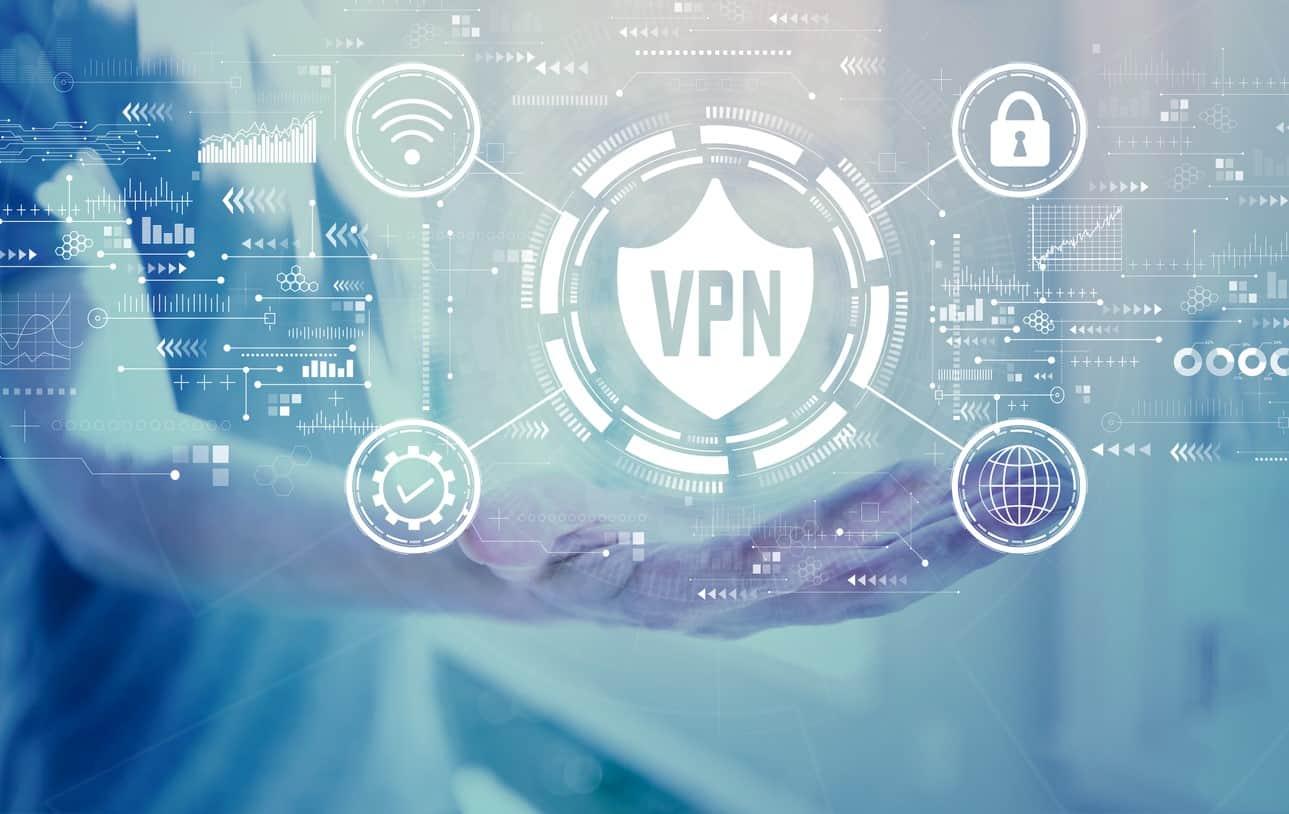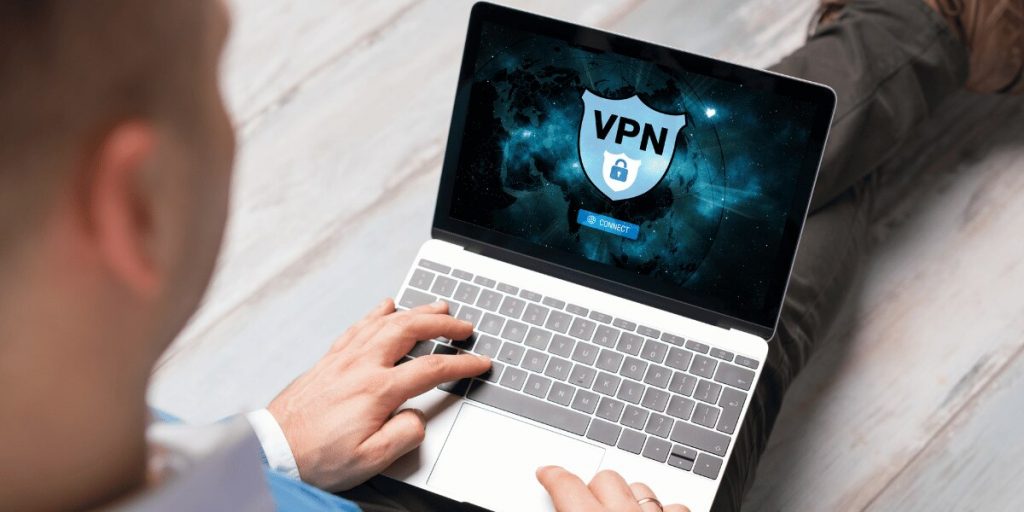Whether you’re sipping coffee at a local café, waiting at the airport, or relaxing in a hotel lobby, the availability of free internet access keeps us connected on the go. However, this convenience often comes at the expense of security.
While public Wi-Fi offers unparalleled convenience, it exposes users to significant cybersecurity risks. To protect personal data and maintain online privacy, utilizing a Virtual Private Network (VPN) is not just advisable, it’s essential.
I. Understanding Public Wi-Fi Vulnerabilities
A. Lack of Encryption
Many public Wi-Fi networks lack proper encryption, meaning data transmitted over these networks isn’t adequately protected. This vulnerability allows cybercriminals to intercept and access sensitive information such as login credentials, personal emails, and financial details. For instance, a study highlighted that over 60% of Wi-Fi hacking incidents occur on public networks due to this lack of encryption .
B. Man-in-the-Middle (MitM) Attacks
In a MitM attack, a hacker positions themselves between your device and the internet connection point. This setup enables them to intercept, monitor, and even alter the data being transmitted. Such attacks are prevalent on unsecured public Wi-Fi networks, where attackers can easily capture sensitive information without the user’s knowledge .
C. Rogue Hotspots (Evil Twin Attacks)
Cybercriminals often set up rogue Wi-Fi networks, known as “evil twins,” that mimic legitimate public Wi-Fi hotspots. These fake networks lure unsuspecting users into connecting, allowing attackers to monitor their online activities and steal personal information. A notable example occurred in July 2024, when an individual was charged for creating fake Wi-Fi networks on flights to access passengers’ personal data .
D. Malware Distribution
Unsecured public Wi-Fi networks can be breeding grounds for malware. Hackers can exploit vulnerabilities in these networks to distribute malicious software to connected devices. Once infected, a device can be subjected to data theft, unauthorized access, or even become part of a botnet. Research indicates that malware can rapidly propagate through Wi-Fi networks, compromising a significant number of devices in a short period .

II. The Role of VPNs in Enhancing Security
A. Data Encryption
A VPN encrypts your internet traffic, creating a secure tunnel between your device and the internet. This encryption ensures that even if data is intercepted on a public Wi-Fi network, it remains unreadable to unauthorized parties. By scrambling the data, VPNs protect sensitive information from potential eavesdroppers .
B. IP Address Masking
VPNs mask your real IP address by routing your connection through a server in a different location. This process not only conceals your physical location but also makes it more challenging for websites and cybercriminals to track your online activities. By hiding your IP address, VPNs enhance your online anonymity and privacy .
C. Protection on Unsecured Networks
Even when connected to unsecured public Wi-Fi networks, a VPN provides a layer of protection by encrypting your data and shielding your online activities. This security measure significantly reduces the risk of data interception, unauthorized access, and other cyber threats commonly associated with public Wi-Fi usage .

III. Real-World Implications of Public Wi-Fi Risks
A. Case Study: Evil Twin Attack on a Flight
In April 2024, a 42-year-old Australian man was arrested for orchestrating an “Evil Twin” Wi-Fi attack during a domestic flight. He set up a fraudulent Wi-Fi network mimicking the airline’s legitimate service, prompting passengers to log in through a fake portal
requesting their email or social media credentials. Unbeknownst to them, their login details were captured and stored on the attacker’s devices. Investigations revealed that similar malicious networks had been deployed at airports in Perth, Melbourne, and Adelaide. The perpetrator faced nine cybercrime charges, including unauthorized access and possession of identification information.
B. Financial and Reputational Damage
Data breaches stemming from unsecured public Wi-Fi can have devastating financial and reputational consequences. For instance, the 2024 breach of National Public Data compromised sensitive information of approximately 2.9 billion individuals, leading to significant costs related to legal actions, regulatory fines, and remediation efforts.
Beyond immediate financial losses, organizations suffer long-term reputational damage. Studies indicate that up to a third of customers in sectors like retail, finance, and healthcare may cease business with companies that have experienced breaches. Additionally, 85% of affected customers are likely to share their negative experiences, further eroding trust and impacting customer retention.
IV. Best Practices for Safe Public Wi-Fi Usage
A. Always Use a VPN
Before connecting to any public Wi-Fi network, activate a reputable Virtual Private Network (VPN) on your device. A VPN encrypts your internet traffic, creating a secure tunnel between your device and the internet, thereby protecting your data from potential eavesdroppers.
B. Verify Network Authenticity
Always confirm the legitimacy of a public Wi-Fi network before connecting. Check with staff or official signage to ensure you’re accessing the correct network. Be cautious of networks with generic names or those that don’t require a password, as they may be rogue hotspots set up by cybercriminals.
C. Disable Automatic Connections
Configure your device settings to prevent automatic connections to available Wi-Fi networks. This precaution ensures that your device doesn’t inadvertently connect to malicious networks without your knowledge. Regularly review and remove saved networks that you no longer use or trust.
D. Avoid Accessing Sensitive Information
Refrain from conducting sensitive activities, such as online banking or accessing confidential work documents, while connected to public Wi-Fi. If such tasks are necessary, ensure that you’re using a secure VPN connection to safeguard your data.

V. Conclusion
Public Wi-Fi networks, while convenient, pose significant security threats that can lead to severe financial and reputational damage. Cybercriminals exploit these networks to intercept data, distribute malware, and conduct phishing attacks. To protect your personal information and maintain online privacy, employing a VPN is a non-negotiable step. By adopting best practices such as verifying network authenticity, disabling automatic connections, and avoiding sensitive transactions on public Wi-Fi, you can significantly reduce the risk of cyber threats and ensure a safer online experience.
